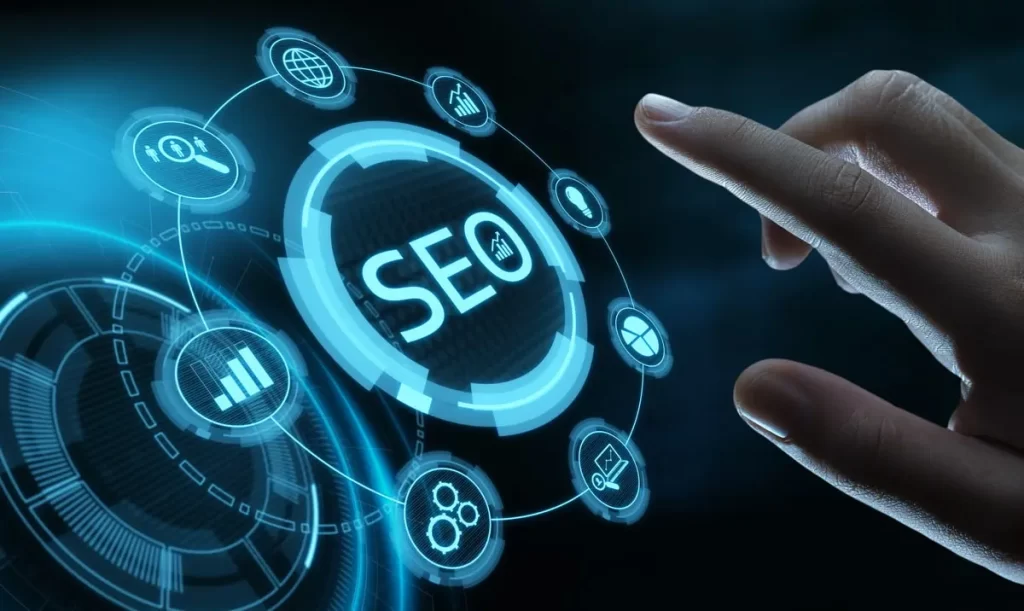
Mastering On-Page SEO: The Ultimate Guide
In the ever-evolving landscape of digital marketing, As a Freelance Digital Marketer in Palakkad I state Search Engine Optimization (SEO) stands out as a cornerstone for achieving online success. Among its various facets, On-Page SEO holds a special significance. It’s the foundation upon which your website’s visibility and ranking in search engine results largely depend. In this comprehensive guide, we’ll delve into the intricacies of On-Page SEO, uncovering essential strategies and best practices to elevate your website’s performance.
Understanding On-Page SEO
On-Page SEO encompasses the optimization efforts made directly within your website to enhance its visibility in search engine results. Unlike Off-Page SEO which involves external factors like backlinks and social signals, On-Page SEO focuses on optimizing elements within your control. These include content, meta tags, URL structure, internal linking, and various technical aspects. By meticulously optimizing these elements, you not only improve your website’s search engine ranking but also enhance user experience, ultimately driving organic traffic and conversions.
Crafting Quality Content
At the heart of On-Page SEO lies the creation of high-quality, relevant content. Search engines prioritize content that is informative, engaging, and aligned with user intent. Conduct thorough keyword research to identify relevant search queries and strategically incorporate them into your content. However, avoid keyword stuffing, as it can harm readability and trigger search engine penalties. Aim to provide valuable insights, address user queries, and offer unique perspectives that differentiate your content from competitors.
Optimizing Meta Tags
Meta tags are essential for communicating to search engines and users alike how relevant your material is. Along with adding targeted keywords, the title tag, meta description, and headers should appropriately reflect the content of the page. Create attention-grabbing headlines and descriptions that convince people to visit your website. For them to be as effective as possible at generating organic traffic, keep them brief, descriptive, and in line with the search purpose.
Enhancing URL Structure
A well-structured URL not only aids search engines in understanding the hierarchy of your website but also improves user experience and click-through rates. Opt for descriptive, keyword-rich URLs that succinctly convey the content of the page. Avoid using complex or cryptic URLs that hinder readability and comprehension. Additionally, employ hyphens to separate words within the URL for better clarity and accessibility.
Leveraging Internal Linking
Internal linking plays a dual role in On-Page SEO, facilitating website navigation for users and distributing link equity throughout your site. Strategically interlink related pages within your website using descriptive anchor text. This not only enhances the coherence and relevance of your content but also helps search engines discover and index pages more effectively. Prioritize linking to cornerstone content and high-priority pages to channel authority and traffic effectively.
Addressing Technical Considerations
In addition to content optimization, On-Page SEO entails addressing various technical aspects to ensure optimal performance and accessibility for both users and search engines. This includes optimizing site speed, implementing responsive design for mobile-friendliness, fixing broken links and crawl errors, and optimizing images with descriptive filenames and alt tags. Pay attention to schema markup to provide search engines with structured data that enhances the display of your content in search results.
Monitoring and Iterating
On-Page SEO is an iterative process that requires continuous monitoring, analysis, and refinement to stay ahead of the competition and adapt to evolving search engine algorithms. Utilize tools like Google Analytics and Google Search Console to track key metrics, identify opportunities, and address issues promptly. Keep abreast of industry trends, algorithm updates, and best practices to refine your strategies and maintain a competitive edge in the digital landscape.
In conclusion, mastering On-Page SEO is essential for unlocking the full potential of your website in search engine results. By optimizing content, meta tags, URL structure, internal linking, and technical aspects, you can enhance your website’s visibility, relevance, and user experience. Stay proactive, stay informed, and continually refine your strategies to stay ahead in the dynamic realm of digital marketing.